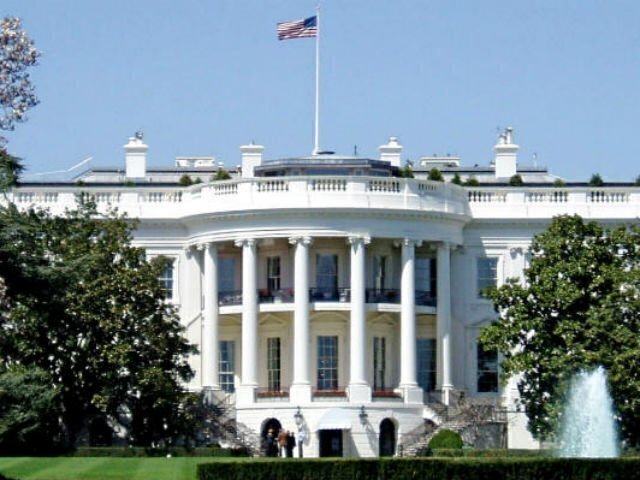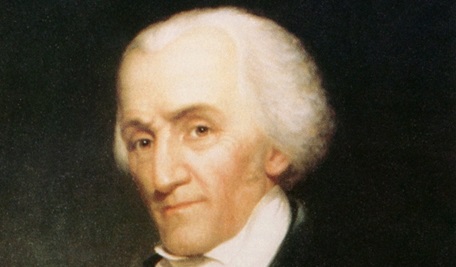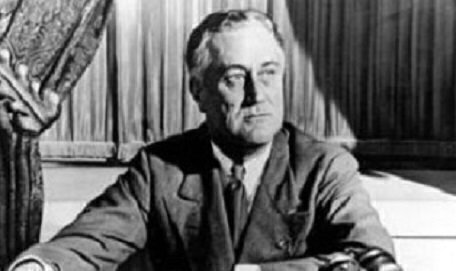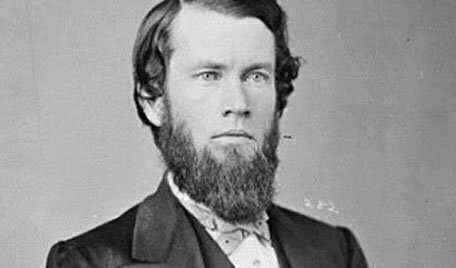Constitution Daily Blog
22nd Amendment
The 22nd Amendment and Presidential Service Beyond Two Terms
With Donald Trump set to serve again as president, there has been talk about his ability to continue in office after his second…

What is the Constitutional Role of the Vice President?
During the current presidential election, the importance of the two vice presidential nominees will be a topic of discussion…

On this day: Term limits for American Presidents
On this day in 1951, the 22nd Amendment was ratified, limiting the number of terms served by the President. The move ended a…

10 people who very nearly became president
Constitution Daily looks at two “what if” scenarios that would have given us 10 different Presidents through history. What…

FDR’s third-term election and the 22nd amendment
On November 5, 1940, President Franklin D. Roosevelt won a third term in office in an unprecedented act that would be barred by a…

Does the Constitution allow for a delayed presidential election?
As America battles the COVID-19 virus, speculation has started that a prolonged public health crisis could delay or even postpone…

How the 22nd Amendment came into existence
The Constitution’s 22nd Amendment is in the news after two congressional members engaged in a spirited debate this week about…

A historical first and last - FDR’s final inauguration
The Constitution now sets January 20th as inauguration day every four years, but it was 72 years ago today that a historical first…
Can Ivanka Trump or Bill Clinton be the next Vice President?
Recently, the Washington Post listed 36 possible Donald Trump running mates, including his daughter, Ivanka. And there has been a…
Should there be term limits for members of Congress and the Supreme Court?
The 22nd Amendment sets a two-term limit on the office of the President. Should members of the other two branches follow the same…







